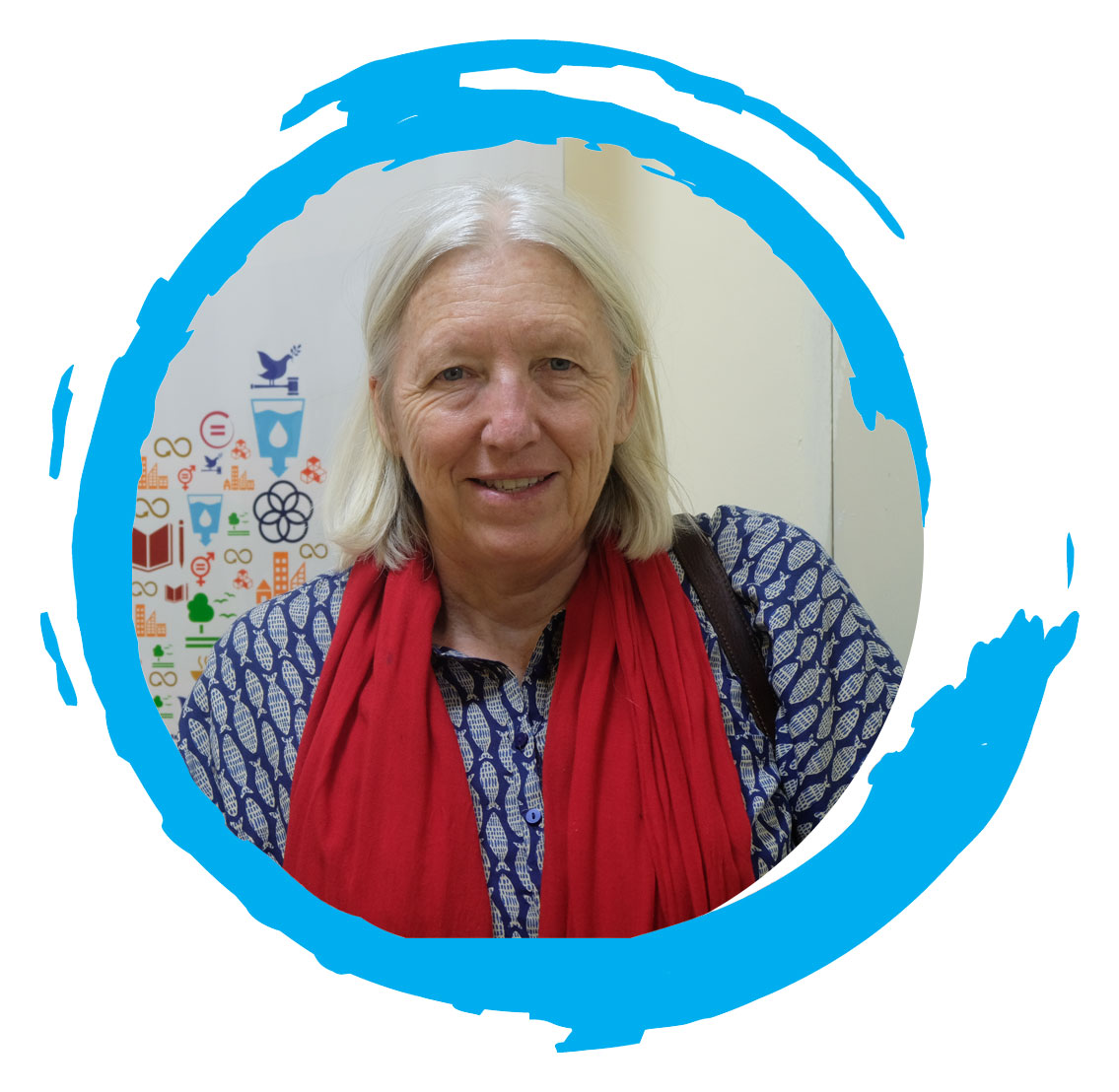
Ms. Fiona Gall Director (ACBAR)
“How to create an inclusive coordination to achieve sustainable development for Afghanistan through a new collective approach”
She began with speaking about the role of NGOs and CSO in achieving the SDGs. She added that there are around 20 NGO/CSO representatives in the 4 SDGs working groups, including 2 coordination bodies in executive committee. Further, the NGOs report back on existing activities in semi-annual reporting format for NGOs in Ministry of Economy. This is currently being revised to include ASDGS. In addition to above, the NGOs lobby with donors and embassies for funds to implement priority A-SDGs. NGOs bring expertise when required and disseminate ASDGs to provincial level stakeholders and communities through their own channels and monitors the progress.
The challenges that exist are:
Moving forward, she suggested that the Ministry of Economy should be the focal point and MoF
should provide budget framework and encourage initiatives. In addition, the SDG provincial working groups should be based on participation from the Government, Civil Society, and Private Sector in order to review progress and share practice.
She also insisted that Goal 16 should be our priority in a conflict country. Because due to conflict many indicators in Afghanistan are sliding backwards – we will have difficulty to meet targets by 2030. Moving forward, this goal should be the target for advocacy in civil society, NGOs, media, academia, private sector.
Comment is not allowed